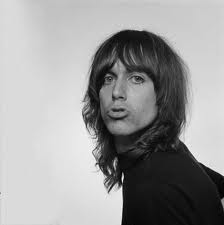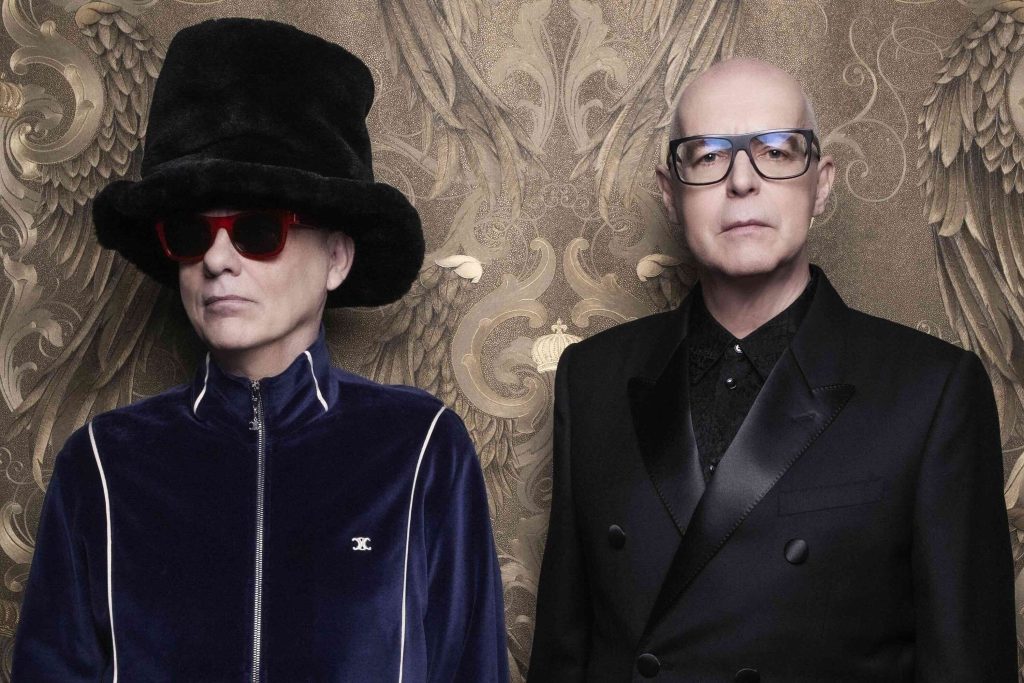What a guy; you ask Iggy Pop a question about the main turning points in his life and he takes pretty much the entire length of the interview time answering it. In normal circumstances, this would be – in the words of Beavis and Butthead, two badly drawn Iggy boys down with the Popman – a bummer. But we don’t mind at all, because Mr Pop is cool. So cool, in fact, that a minute into the reply to the first question I leave him talking to the tape recorder to put on leg warmers, a woolly vest and a pair of gloves.
Goddamit, Iggy Pop (one of the few well-known rock stars to have been published in a journal of Classical scholarship, for his essay ‘Caesar Lives’, in the second volume of, believe it or not, Classics Ireland, wherein he astutely ponders on the applicability of Edward Gibbon’s Decline and Fall of the Roman Empire to everyday contemporary living) is cooler than Alaska in winter.
And yet for all his smarts and his cognitive prowess, Pop exudes a genteel, sincere and unpretentious demeanour. On stage, the man is a human jack drill, ugly, sinewy, quite possibly the final frontier in authentic physical dynamics in terms of walking the walk as much as talking the talk. You see other rock acts, clearly influenced by him, going through the motions of confrontation and provocation, but you know they’re spineless pussycats in contrast to Pop’s lissome, leonine muscularity. But we’re drifting. Unlike Iggy, who sits tight and focuses on answering the question.
“The main turning points in my life? There are several, and for the sake of clarity and record – your newspaper is the newspaper of record in Ireland, right? – I’ll tell you them all. There was an afternoon in Algebra 4; I was in 10th grade, I felt shitty, and I didn’t feel like grasping what I knew I was supposed to grasp that day. I felt a little ill, my stomach was queasy from the school food, and it was a beautiful day outside. I’d already begun to play music, and I thought that day in Algebra class was a preview to real life – I just couldn’t do it. I was about 15 back then…
“Another was about two years later, when I graduated. My high school band managed to secure a summer gig as a house band in a teen club called The Pony Tale, in a resort area of Michigan. And suddenly there I was – a full-time musician; it happened really quick, really young, and I liked it a lot. In those days, being a musician was a more obvious road to ruin than it is now. These days, it’s often a viable career choice for intelligent young people – or seems to be – but it wasn’t back then. Being a full-time musician I started to turn what intellect I had towards studying and examining the whole thing of rock music – what was quality, what was exciting. That led me to drop out of university very quickly and join a couple of bands, which culminated in the band that most people know of, which is The Stooges.”
Pop pauses. The start of my second question is politely interrupted. Pop apologises. “Another turning point? Meeting David Bowie and his entourage, but that was more of an inevitability; it would have been them or someone else, other entourages at the time. I think I was just fortunate that I picked the best one! Then, post-Stooges – which by this time had gone down in flames – a re-encounter with Bowie and his songs, the circumstances of which meant that we were able to write some songs together.”
Yet not even Bowie could work his magic on long-time friend Pop. Following his seminal solo albums The Idiot and Lust For Life (both released in 1977), Pop went on to record and release several mediocre albums (including 1979’s New Values, 1980’s Soldier, 1981’s Party and 1982’s Zombie Birdhouse). In 1982, aged 35, Pop couldn’t afford to live in Manhattan any more. “I was sleeping on the floor in Bensonhurst, which was like a Mafia neighbourhood in Brooklyn. Basically, I was living hand to mouth, my health was going, and I realised I couldn’t take on the world anymore – I was going to lose. So I decided to try to go straight; it was a good decision, although it took three or four years of adjustment, and probably led to a fairly long period of mediocrity in my music. But it also led to my survival as a person.”
Body in check, financial stability arrived in 1983, when Bowie’s Let’s Dance album, which featured Pop’s co-write of China Girl, went global. Result? Pop’s star in the ascendant. With one or two exceptions, it’s been up there ever since; yes, he still delivers the occasional clunker of a record (2003’s Stooges-assisted Skull Ring being a prime example) but something like 1999’s Avenue B still shows his creativity in a positive light. Yet for all that, he remains something of a talismanic touchstone for the burgeoning rock’n’roll star. Does music still carry the same level of intensity for him?
“When it’s good stuff. When I was less mature, my radicalism would allow me only to be exposed to that music which I really, really liked. When I was in my early teens, I’d listen to the Top 40 and I would wait for the one Beatles song that the radio station would play; this engendered an incredibly emotional reaction, almost like a drug compulsion – waiting for that Beatles song was something I had to have, it was irresistible. And I’d get very angry when the likes of Lesley Gore would get played instead – very upset! Whereas now I’ve gotten to the point where I say to myself: ‘alright, let’s face it, if there wasn’t something good about Sting, then he wouldn’t be worth all those oysters, you know’. My inner feelings are still exactly the same, mind.
“When you listen to music these days the notion of concentrating on it is totally different. I’m guessing, but I have a feeling that smoking a joint as an activity was something I did while I was listening to music back in the day. That type of activity made me inert, but it allowed me to concentrate whereas now I’m more like other people in that mostly these days they listen to music as they ride a bicycle, go to the gym, or vacuum the house, cook dinner or clean nappies. I find that as I get busier with the administration of my survival it gets harder. Either that or perhaps my concentration isn’t as good.”
Pop knows too well that he’s something of an aberration in rock’n’roll terms. There is only so long his body will allow him to continue with the rigours of his performances – performances for which the word ‘visceral’ is all too appropriate; there is only so long that he can wilfully fuse his credentials as a confrontational rock star with his obvious wisdom.
“There are days,” he says, “when I want to be impossible to others and myself – and I’m still very capable of doing that. I have to think about things like that. I don’t know how it is for everyone, but I certainly reckon experience helps. If experiences are at all quantifiable, and if they vary in quality, then some people at age 60 are going to have more than other people at another age. I’m not above applying other people’s experiences, either – I’ve been a fly on the wall around a lot of talented and capable people in my life, so I try to make use of that.”
In relation to The Stooges, he talks eloquently of trying to balance the music’s white-hot rage with a sense of reflection, harking back to Avenue B’s more ambient, considered moments. “Stooges’ members Ron [1948-2009] and Scott Asheton [1949-2014] are going hell for leather for the loud stuff. They recently sent me a bunch of stuff that is so fierce my first thought was the way I’m kinda typecast in some movie parts I get offered; every six months I’m asked to play either a monster or a criminal. Sometimes I really want to indulge the Proust side of me and be somewhat more morose.”
But not just yet. After all the years of twisting his body this way and that, of throwing more shapes than the Aurora Borealis, do the gigs still do it for him? “I feel different on stage,” he admits in a no-shit-Sherlock/no-surprises manner. “It’s quite cathartic for me, yet it wasn’t always because it didn’t go as well. For the last few years, I’ve hung around long enough to know what kind of preparation you need to do in order to do the shows properly and consistently. A lot goes into it – nerves, effort, concentration. But the musicians are unique, too. So it’s good on stage, yes. And it’s good for a couple of hours after. And then it’s five in the morning and I can’t sleep.”
(This first appeared in The Irish Times/The Ticket, August 2008.)




